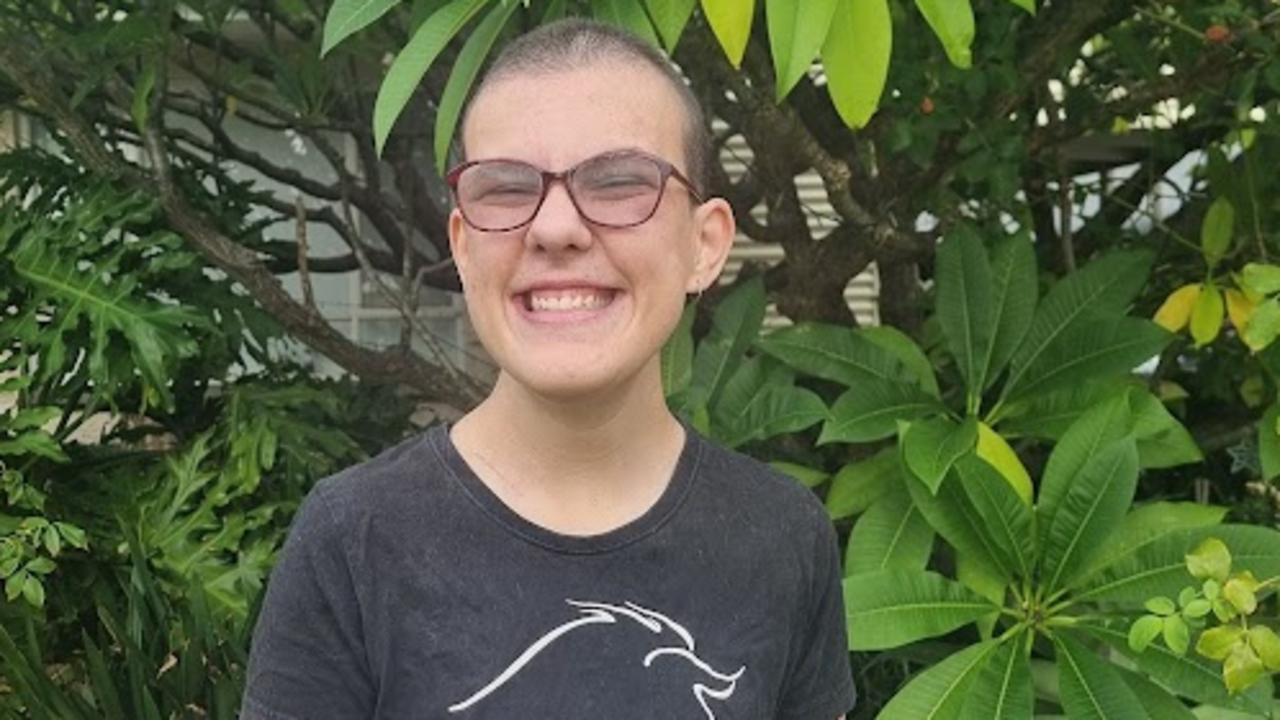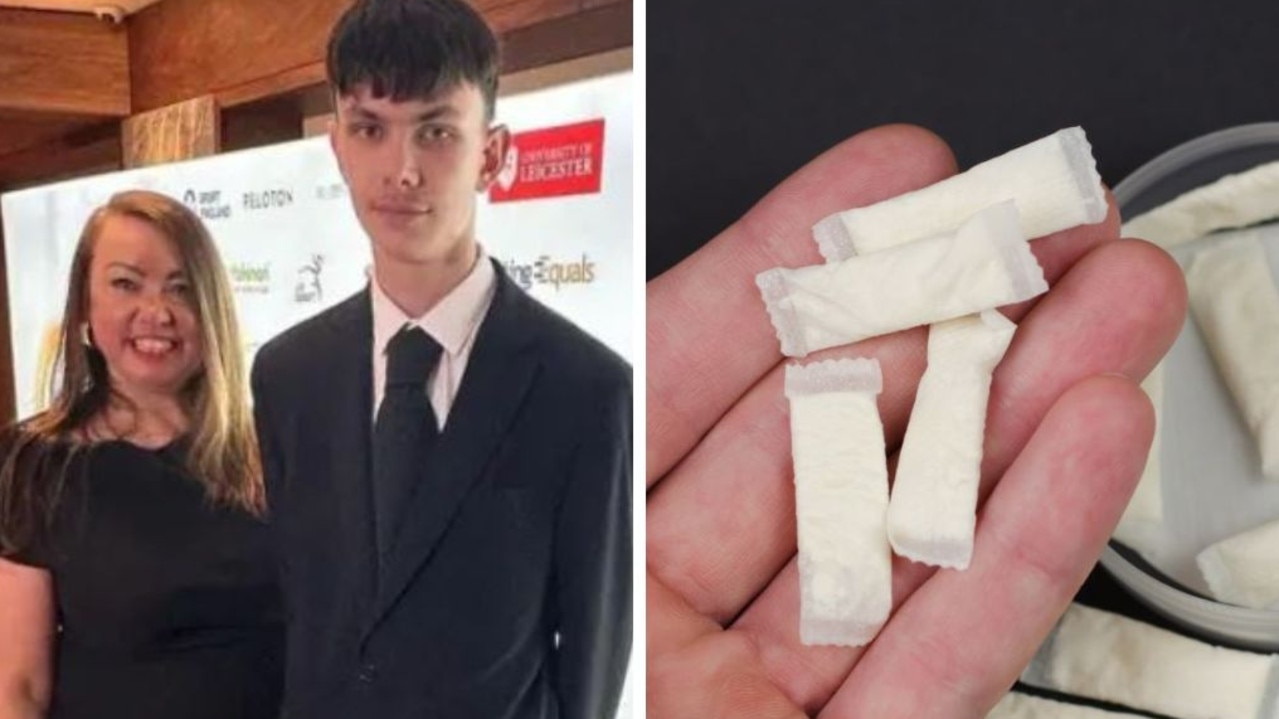Suicide Prevention Australia says we need a minister for suicide prevention
The number of Australians taking their own lives has reached record levels, prompting the peak body in the field to call for a federal minister for suicide prevention.
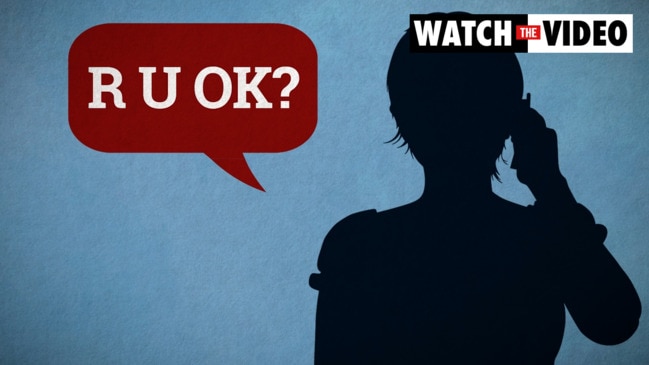
Illness
Don't miss out on the headlines from Illness. Followed categories will be added to My News.
Exclusive: A federal minister for suicide prevention is needed as the number of Australians taking their own lives reaches record levels of eight people per day.
Suicide Prevention Australia has proposed the idea and is also calling on both major parties to introduce a Commonwealth Suicide Prevention Act, establish a National Suicide Prevention Office and collect better data.
It also wants Centrelink workers, financial advisers, community housing workers and teachers and others to be trained to identify people at risk of taking their own lives.
And a national workforce plan devised to provide enough trained staff to deal with Australians in crisis.
Suicide is not just a mental health issue and coronial data shows fewer than half those who take their own lives have a mental health diagnosis, said Suicide Prevention Australia CEO Nieves Murray.
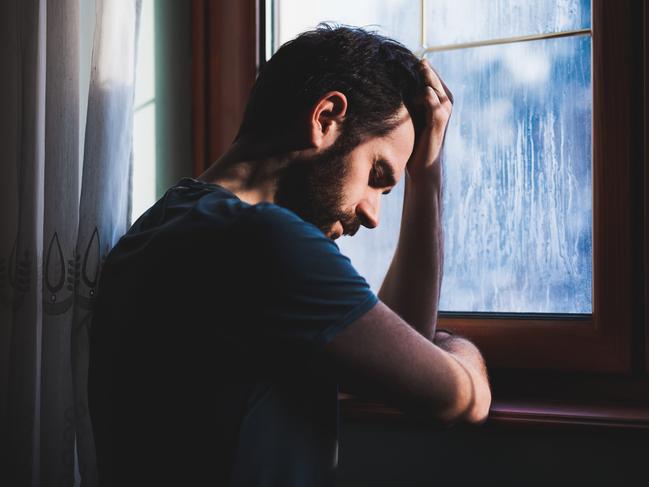
“Suicide prevention is complex and it needs to be addressed as a whole-of-government issue because it’s more than a health issue,” she said.
To drive down the rate of suicide workers outside the health system need to be trained to identify people at risk, to ask the right questions and know how to refer people to services that can help, she said.
“For example in a community where there is a downturn in heavy industry one of the first touch points for someone experiencing a suicidal crisis is not the hospital system or the doctor, it could be Centrelink but their personnel are not trained to ask the questions or help people experiencing suicidal ideation,” she said.
Financial counsellors, community housing workers and educators were other frontline workers who may be more likely to have personal contact with people thinking about suicide than health workers.

MATES in Construction CEO Jorgen Gullestrap said suicide was often an impulsive act and prevention worked best when it was delivered in the communities where people live and work.
The charity he works with has trained 170,000 construction workers in how to identify people at risk of suicide because of marriage break up, financial stress or drug and alcohol abuse.
When a person identifies a co-worker at risk they can refer them to one of 12,000 trained connectors, also a worker onsite, who can keep the person safe until they can be connected to someone trained to prevent suicide.
“When you see a GP they get five or six minutes with you, your work mates spend all day with you, they can see if your behaviour has changed,” he said.
The services people need to prevent suicide may often not be mental health related, they might need financial counselling, a lawyer or some other form of help, he said.
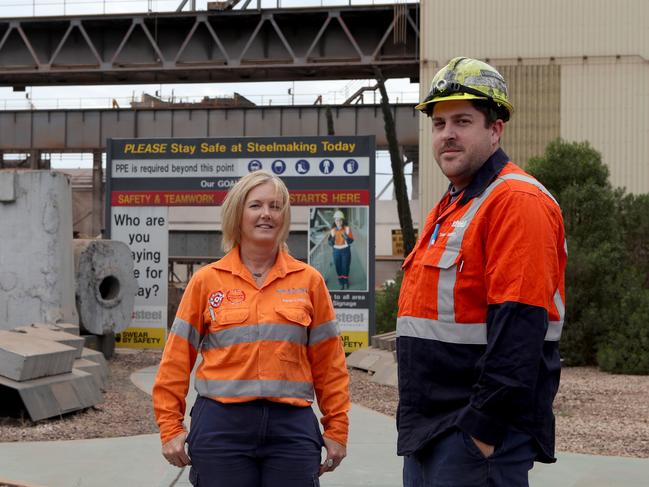
Young construction workers are over two times more likely to take their own lives than other young Australian men and since MATES in Construction has been rolled out suicides in the sector have declined by around 7.8 per cent in Queensland.
The government is already funding improved data on suicide and self-harm and a $13 million National Suicide Prevention Trial in 12 locations.
More than 65,000 Australians attempted to take their life last year and 3,128 did so, the highest number ever.
Intentional self-harm was ranked the 13th leading cause of death in 2017, moving up from 15th position in 2016.
For every death by suicide it’s estimated another 30 people attempt to take their life.
If you need help after reading this story please contact Lifeline on 131114
Originally published as Suicide Prevention Australia says we need a minister for suicide prevention

